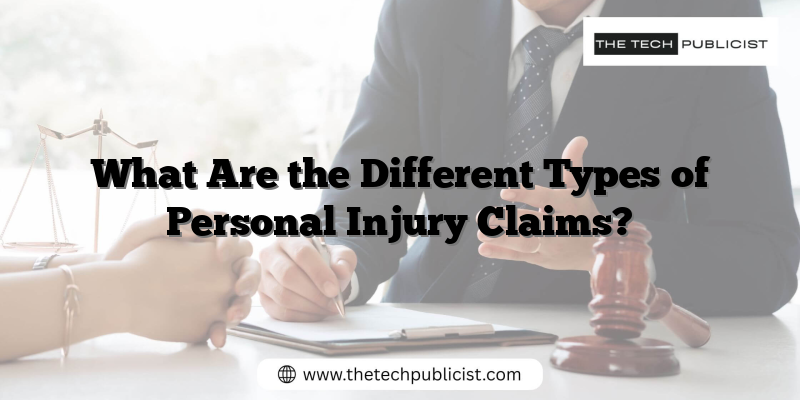Psychological injuries can arise from various situations, such as workplace accidents, trauma from vehicle collisions, or experiences of harassment or assault. Unlike tangible physical injuries, psychological injuries can be challenging to quantify in terms of damages during legal proceedings. This blog post will delve into the average payouts for psychological injuries, shedding light on the factors influencing these amounts and what individuals can expect during a claim process.
Understanding Psychological Injuries
Psychological injuries encompass a range of mental health conditions, including depression, anxiety, post-traumatic stress disorder (PTSD), and other emotional distress resulting from traumatic events. These injuries not only impact an individual’s mental and emotional well-being but can also affect their professional and personal lives.
Factors Affecting the Average Payout
Several elements can influence the payout for psychological injuries:
- Severity of the Injury
The extent of the psychological condition plays a pivotal role in determining the payout. Individuals suffering from more severe conditions typically receive higher compensatory amounts. - Documentation and Evidence
Proper documentation, including medical records, therapy notes, and expert testimony, can significantly impact the outcome of a claim. - Impact on Daily Life
If the injury severely disrupts the individual’s daily activities, such as work, relationships, and hobbies, the payout may be adjusted accordingly. - State Laws and Regulations
Laws surrounding personal injury claims vary by state, affecting compensation amounts. It’s essential to understand local regulations when seeking a payout. - Loss of Income
In cases where the psychological injury prevents individuals from earning an income, compensation for lost wages may supplement the payout.
What to Know
- Payouts for psychological injuries can vary widely based on several factors.
- Serious injuries that substantially impede daily life often lead to higher compensatory amounts.
- Thorough documentation is crucial for the success of a claim.
- State-specific laws can significantly impact potential compensation.
- Seeking professional legal advice can provide clarity on possible outcomes.
Pursuing a Claim for Psychological Injury
Identifying the Basis for Your Claim
Before initiating a claim, it’s essential to identify the events leading to the psychological injury. This could include accidents, workplace incidents, or even harassment.
Gathering Evidence
Evidence is fundamental in substantiating a claim. This can include:
- Medical and therapy records
- Witness statements
- Documentation of any lost wages
- Personal journals detailing emotional experiences
Consulting with a Legal Expert
Engaging a legal expert can help navigate the complexities of psychological injury claims. A professional can assess the case, help gather necessary documentation, and represent your interests during negotiations or court proceedings.
FAQs
What types of psychological injuries can be compensated?
Most claims involve conditions like anxiety, depression, PTSD, and other emotional distress that impair daily life.
How do I prove my psychological injury?
Documentation from mental health professionals, personal accounts, and evidence showing the impact on your life are crucial for proving your claim.
Are payouts for psychological injuries taxable?
Generally, compensatory payouts for psychological injuries are not considered taxable income; however, it’s advisable to consult with a tax professional.
How long does it take to settle a psychological injury claim?
The duration varies based on the complexity of the case, evidence availability, and negotiations with insurance companies.
Can I file a claim without a lawyer?
While it’s possible, having legal representation can significantly enhance your chances of a favorable outcome.
Conclusion
Payouts for psychological injuries are highly variable and depend on numerous factors including severity, evidence, and state laws. Understanding the complexities involved can help individuals take informed steps toward seeking the compensation they deserve. If you or someone you know is navigating a psychological injury claim, consider reaching out to a local law firm for tailored legal assistance.

Manali is the founder and editor of The Tech Publicist, a legal-focused blog dedicated to breaking down complex legal topics into plain, practical advice. With a passion for empowering everyday readers, Manali writes about personal rights, property laws, and real-world legal situations that matter. When not decoding the law one article at a time, Manali enjoys diving into tech trends and advocating for accessible legal education.




